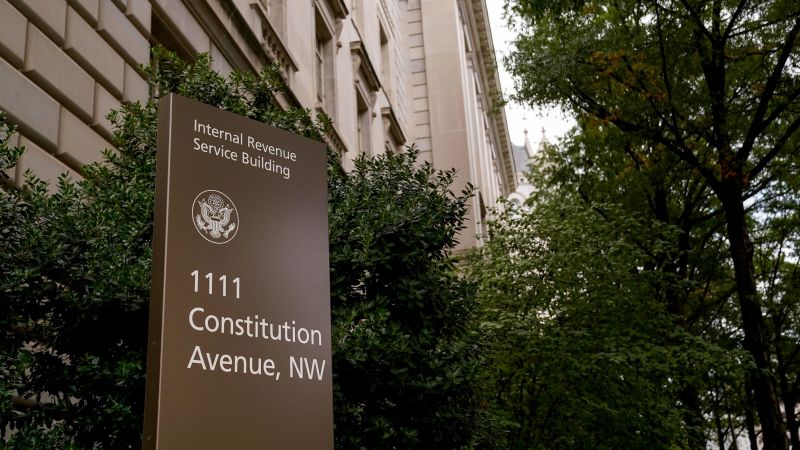In a recent announcement, the Internal Revenue Service revealed that it has successfully collected over $1 billion in past-due taxes from millionaires since the implementation of the Inflation Reduction Act nearly two years ago. This increased enforcement effort, backed by Democrats, has allowed the IRS to crack down on wealthy tax cheats and enhance taxpayer services. Despite some criticism from Republicans who believe the funding is wasteful, the agency has identified about 1,600 taxpayers with significant income and tax debt, resulting in the recovery of $1 billion so far.
Prior to the legislation, IRS Commissioner Danny Werfel explained that the agency lacked the resources to pursue high-income individuals who owed taxes. The process of collecting past-due taxes begins with a letter to the taxpayer’s residence, giving them a chance to pay or dispute the debt. Various initiatives have been launched over the past two years to target wealthy tax cheats, including increased audits, the use of artificial intelligence, and scrutiny of personal use of corporate jets.
Additionally, funding from the Inflation Reduction Act is being used to modernize taxpayer services, resulting in more calls being answered and efforts to digitize paper records. The IRS also introduced a pilot tax filing service, Direct File, allowing over 140,000 Americans to file their returns for free directly with the agency. Despite some challenges from Republicans, the Inflation Reduction Act allocated $80 billion to the IRS over a decade, with $20 billion at risk of being rescinded. Democrats have made concessions to prevent a partial government shutdown and ensure federal spending laws are upheld.











